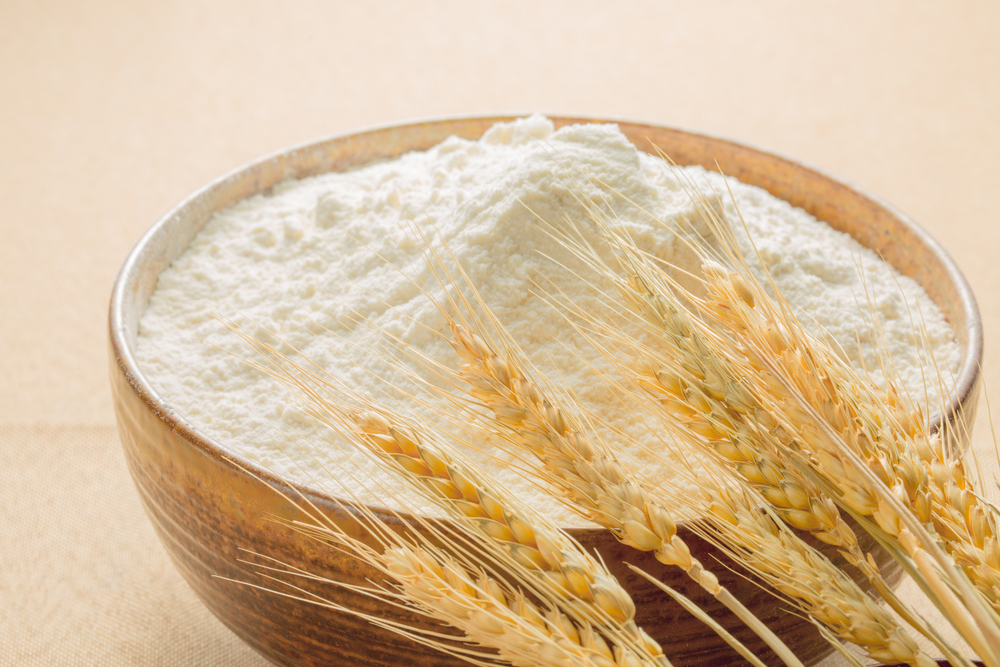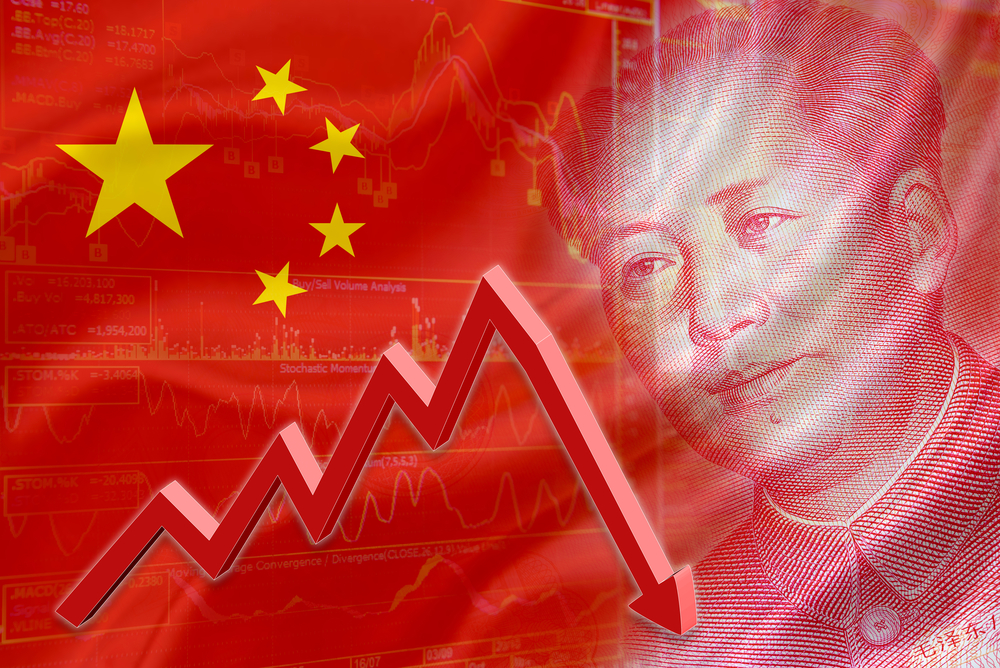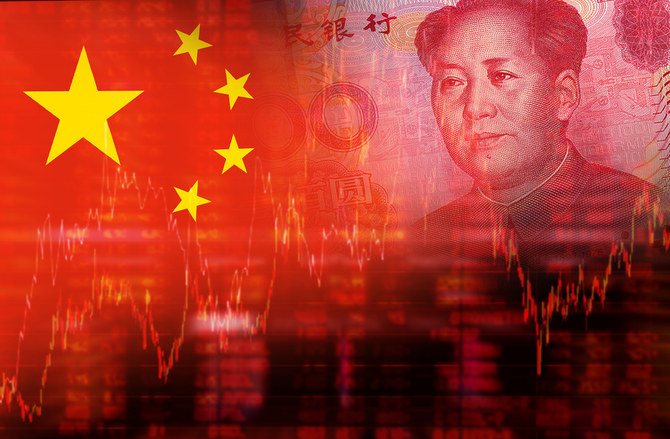RIYADH: Saudi Arabia exported nearly 13 percent less oil to China in March than a year earlier but retained its top supplier spot, while shipments from second-ranked Russia slipped 14 percent, Reuters’ calculations based on Chinese customs data showed.
Saudi crude arrivals totalled 6.858 million tons last month, equivalent to 1.61 million barrels per day, according to data from the General Administration of Customs.
That compared to an average of 1.81 million bpd during the first two months and 1.85 million bpd a year earlier.
Imports from Russia were at 6.39 million tons, or 1.5 million bpd, versus 1.75 million bpd in March 2021 and 1.57 million bpd in the January-February period.
As most of the March-arriving Russian shipments were contracted before the Feb. 24 Russian invasion of Ukraine, any cut to Russian oil purchases due to worries of sanctions would only be reflected in data due for release in May.
Chinese exports to North Korea surge

Wheat flour is one of the key exports from China to North Korea (Shutterstock)
China’s exports to North Korea surged in January-March, with sales of edible oil, wheat flour and pharmaceutical compounds to its reclusive neighbor sky-rocketing after a COVID-19-induced pause, Chinese customs data showed on Wednesday.
China resumed freight trains to North Korea in January for the first time since COVID-19 led to a border lockdown between the two countries in early 2020, halting almost all trade.
The rebound in trade comes as the US is urging the UN Security Council to further sanction North Korea over its renewed ballistic missile launches. North Korea has been subjected to UN sanctions since 2006, although the Security Council does allow for humanitarian exemptions.
From January to March, Chinese exports to North Korea leapt to $173.4 million from only $13.0 million a year earlier, and nearly recovered to the $215.3 million figure for the first quarter of 2020, when COVID-19 was just emerging. Imports more than quintupled from a year earlier to $23.5 million, according to the customs data.
For March alone, Chinese shipments to North Korea stood at $57 million, up from $13.0 million a year earlier, while imports were at $3.5 million, versus $1.3 million in the previous year.
China to accelerate VAT credit rebates for small firms
China’s finance ministry and tax regulator on Wednesday said they will accelerate Value Added Tax credit rebates for small firms.
Medium-sized manufacturing firms are allowed to claim VAT credit rebates starting from May, earlier than the previously announced starting time of July, the Ministry of Finance and the State Taxation Administration said in a statement.
China's yuan weakens to a 6-month low

(Shutterstock)
China’s yuan fell to a six-month low against the dollar on Wednesday, dragged down by a weaker-than-expected official midpoint fixing and persistent worries over economic growth outlook.
But falls were limited by China surprisingly keeping its benchmark lending rates steady for the third straight month at its April fixing. Markets saw the move as indicating caution by Beijing in rolling out easing measures.
Prior to market opening, the People’s Bank of China set the midpoint rate at 6.3996 per dollar, 276 pips or 0.43 percent weaker than the previous fix of 6.3720.
But Wednesday’s official guidance rate, the weakest since Nov. 12, 2021, came in 143 pips softer than a Reuters estimate of 6.3853.
Markets usually note the PBOC’s daily yuan fixing to gauge the official attitude toward foreign exchange policy. Many currency traders interpreted Wednesday’s weaker-than-expected midpoint as indicating it would allow some weakness in the yuan.
The spot yuan opened at 6.4055 per dollar and fell to a low of 6.4115 at one point, the softest level since Oct. 29, 2021.
Taiwan firms make uneven restart after Covid curbs

Kunshan, east China (Shutterstock)
Taiwan firms making chip and electronic components reported a mixed picture on Wednesday on work resumption in the eastern Chinese city of Kunshan after COVID-19 curbs, with some warning deliveries would be postponed until next month.
China has put Shanghai under a tight lockdown since late March and neighboring Kunshan has also tightened curbs to control the country’s biggest COVID-19 outbreak since the coronavirus was discovered in late 2019 in the city of Wuhan.
That had caused dozens of Taiwanese firms, many making parts for the semiconductor and electronics industries, to suspend operations.
Global companies, from makers of mobile phones to chips, are highly dependent on China and Southeast Asia for production and have been diversifying their supply chains after the pandemic caused havoc.
Unimicron, which supplies Apple Inc. and Intel Corp. said in a statement to the Taipei stock exchange that the factory had suspended production from April 2 to 19.
It added it was “gradually resuming work depending on local personnel and logistics conditions.”
However, Asia Electronic Material Co. Ltd. which makes parts for laptops, mobile phones and digital cameras, said its plant in Kunshan would continue to be closed, having originally reported the suspension would last until Tuesday.
(With inputs from Reuters)
















